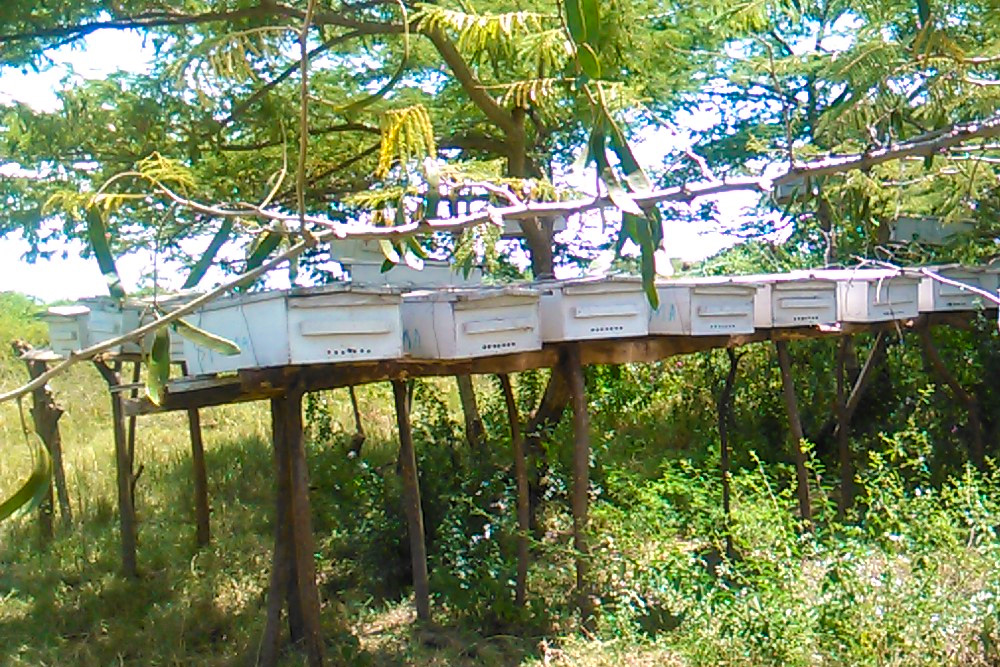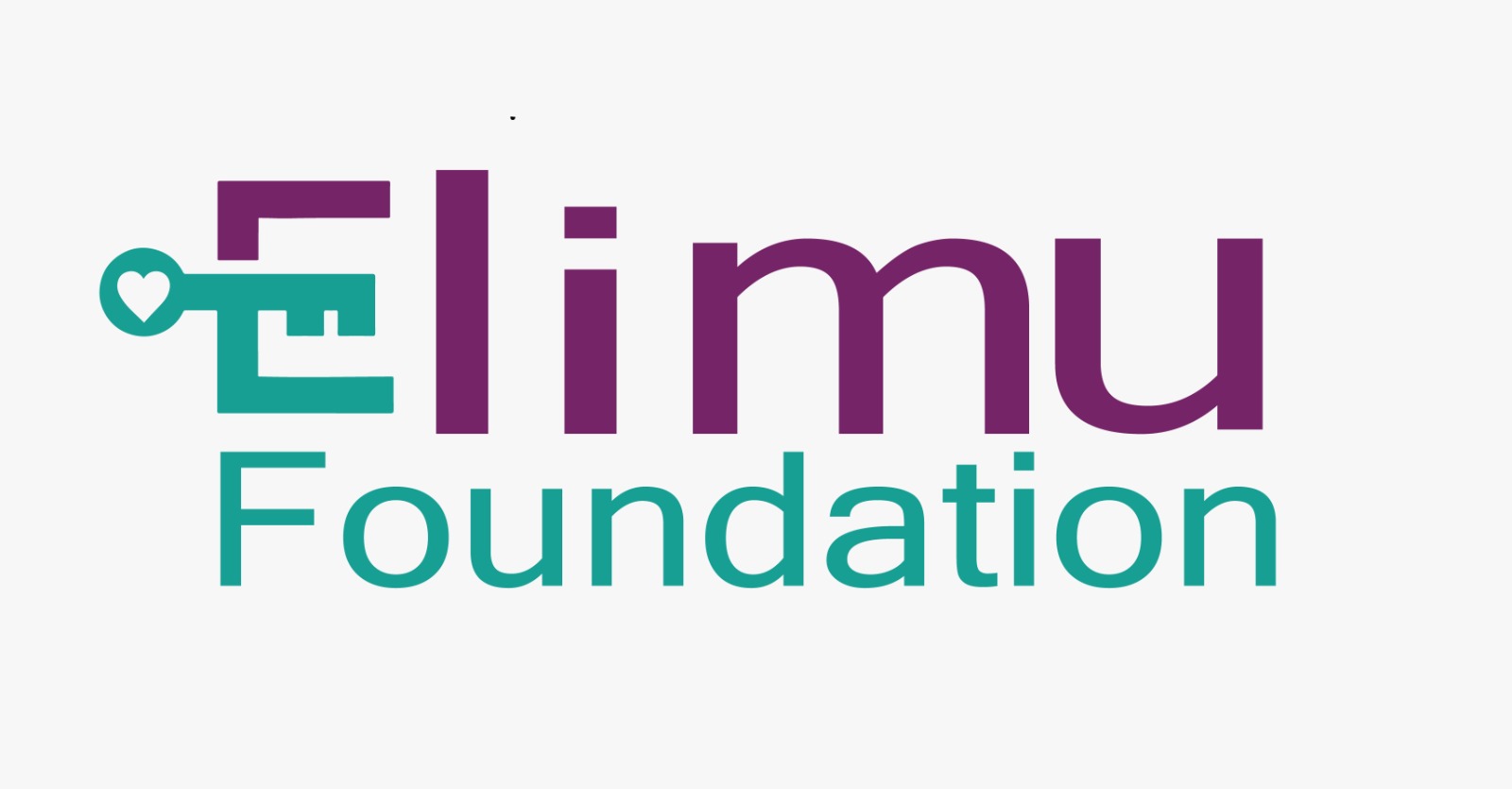
Mama Nyuki Beekeeping Project for Indigenous Women
Empowering Women. Protecting Nature. Building Resilience.
Mama Nyuki is Elimu Foundation’s flagship program that transforms frontline victims into frontline leaders. When drought hits, it’s women who suffer first and recover last. In northern Tanzania’s protected-area communities—home to the Maasai, Hadzabe, and Gatoga—women endure the harshest climate shocks yet remain excluded from solutions.
Through sustainable beekeeping, entrepreneurship, and grassroots leadership training, Mama Nyuki equips women in Arusha, Arumeru, Longido, Monduli, and Ngorongoro to build climate-resilient livelihoods and lead conservation from the ground up.
Our Approach
Mama Nyuki uses a community-rooted, women-led model that turns climate-affected women into conservation and economic leaders. We work through existing grassroots structures—primarily VICOBA groups—to deliver practical skills, tools, and connections that build lasting resilience.
At the heart of the program is the Mama Nyuki Leadership Cohort (MNLC)—a group of trained peer mentors and climate champions who lead local training, organise mentorship circles, and represent their communities in village, ward, and district-level decision-making spaces.
All women benefit from our modular training toolkit, which combines sustainable beekeeping, gender-responsive leadership, eco-enterprise, and conservation awareness. Each module is delivered through hands-on, participatory sessions that prioritise indigenous knowledge and local context.
To unlock income and scale, Mama Nyuki supports women-led VICOBA groups to access interest-free government loans, build credit-readiness, and connect with reliable markets and value chains—ensuring their beekeeping efforts translate into real economic empowerment.
Why We Choose to Empower Indigenous Women
In the Maasai and Hadzabe communities, women face deep-rooted challenges: limited access to education, minimal property rights, forced early marriages, and exclusion from decision-making spaces. At Elimu Foundation, we see beekeeping as more than just an income-generating activity—it’s a path to true empowerment. Women, often living close to protected forests and conservation areas, are uniquely positioned to become stewards of their environment. By equipping them with beekeeping skills, we’re not just fostering financial independence; we’re catalyzing change, enabling women to build sustainable livelihoods, actively participate in conservation, and reclaim their voices within their communities
The Mama Nyuki Business Model
Mama Nyuki empowers Maasai and Hadzabe women through sustainable beekeeping, pairing modular training in hive management, honey processing, conservation, and business literacy with practical access to interest-free loans. By cultivating Climate Champions within the Mama Nyuki Leadership Circle (MNLC), the model ensures peer mentorship, sustainability, and leadership from within the community.
The program strategically connects women to fair markets for their honey and beeswax products, fostering economic independence while supporting environmental stewardship. Through continuous monitoring and growth, Mama Nyuki creates resilient communities that champion women’s empowerment, biodiversity conservation, and sustainable livelihoods
Get Involved
Mama Nyuki is already transforming lives—but we urgently need your help to scale this powerful initiative. Despite proven demand and the incredible potential of indigenous Maasai and Hadzabe women, Elimu Foundation has not yet secured dedicated funding for Mama Nyuki. To date, we’ve relied heavily on volunteers from Noble Trust College, our committed Programs Director, Esuvat Kivuyo, and partnership support from Digital Opportunity Trust (DOT) to deliver vital training and capacity-building. Collaboration with Ward Development Officers and Local Government Authorities has allowed us to coordinate low-cost, high-impact outreach, but the current scope remains limited without sustainable financial support.
Your involvement can dramatically increase our reach, enabling us to engage more women, enhance training programs, and deepen our impact on communities and conservation. With your financial support or volunteer contributions, Mama Nyuki can truly blossom—empowering more women, protecting vital ecosystems, and building resilience across northern Tanzania
Join us to create a legacy of lasting change!
Contact Us
Elimu Foundation
info@elimufoundation-tz.org
